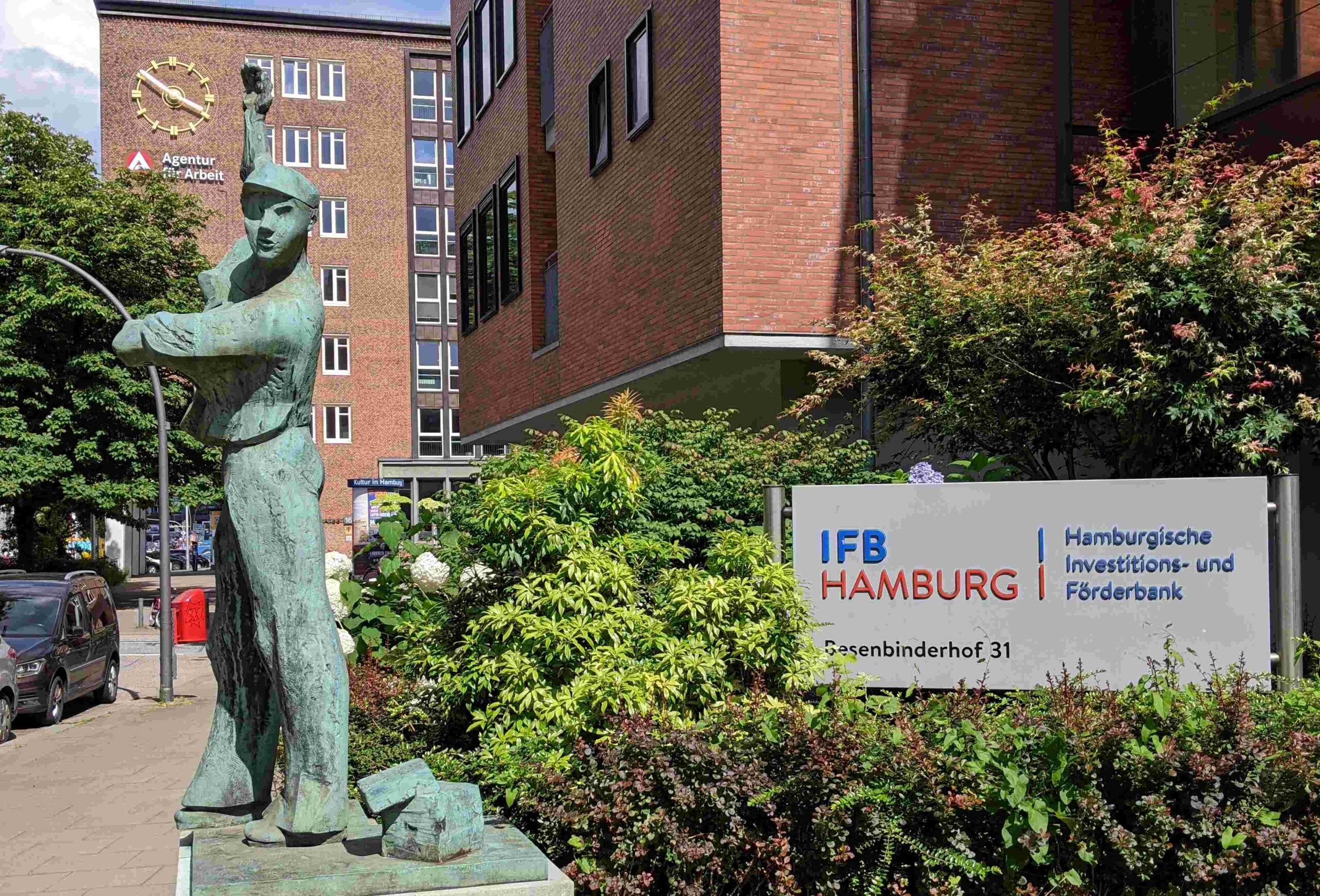Users cannot be sceptical enough, according to experts at the "IT Security Challenge" hosted by the Hamburgische Investitions- und Förderbank (IFB Hamburg) and the Mittelstand-Digital Zentrum Hamburg on July 8, 2024. An attack on the Mittelstand-Digital Zentrum Chemnitz, one of 25 centres across Germany that assists SMEs with digital transformation, was highlighted. The malware arrived by email and was plausibly disguised, said Roland Hallau, IT Security Coordinator at the Mittelstand-Digital Zentrum Chemnitz. "It seemed like an invoice from a known sender. Our employees are fully trained and do not open any unknown attachments or links. But in this case, their caution was simply undermined."
"Last year, cyberattacks caused damage totalling EUR 148.2 billion," Bitkom said in a guide to cyber insurance and security. Users are still making it too easy for attackers, according to Ralf Wintergerst, President of Bitkom. "The vast majority of attacks could be fended off with just a few measures. These include e.g., secure passwords or passkeys, installing updates promptly and being sceptical of unusual messages from supposed family members or work colleagues."
Trained caution was cancelled out
Human error causes 80 per cent of cyberattacks
The opened link led to an encryption Trojan, which could not be halted by anti-virus software and firewalls. Although the computers were disconnected immediately, the attack continued. "An attack like this occurs very suddenly," said Hallau. However, comprehensive data backups helped limit the damage and all data was restored after just nine hours. The subsequent investigation concluded that human error had led to the attack. "This is the case in some 80 per cent of all attacks," said Hallau. "Progressive digitalisation has many advantages, but IT security should definitely be considered from the outset."

"Hamburg Digital" funding scheme
The IFB's "Hamburg Digital" scheme advances digital transformation across the economy and eases the financial burden on companies somewhat. The launch of cyber security or expanded measures are justifiable expenses. Funding of 50 per cent and EUR 5,000 maximum is available for Module I "Digital Check" which involves consulting by certified experts.
Module II "Digital Invest" funds IT investments identified during the Digital Check. Around 30 per cent of the expenditure and EUR 17,000 maximum for hardware and software or external service providers is available. Applications should be submitted by November 15, 2024 at the latest. The scheme ends on December 31, 2024.
ys/pb
Sources and further information
Mittelstand-Digital
Mittelstand-Digital has expert and vendor-neutral contact points all over Germany that raise awareness of digitalisation and training. Practical examples, demonstrators and information events show SMEs and craft businesses the benefits of digital transformation.
IFB Hamburg
The Hamburgische Investitions- und Förderbank (IFB Hamburg) is the main development bank and financial pillar of the senate's public objectives e.g., housing, the economy, environmental protection as well as innovation. Apart from low-interest loans, grants and investments, IFB Hamburg advises private customers and companies on public funding available from the City of Hamburg, the German government and the EU.
More
Similar articles

Watermarks expose deep fakes and increase cyber security

Cybersecurity in Hamburg more important amid rising attacks

Hamburg announces new funding scheme for impact start-ups
